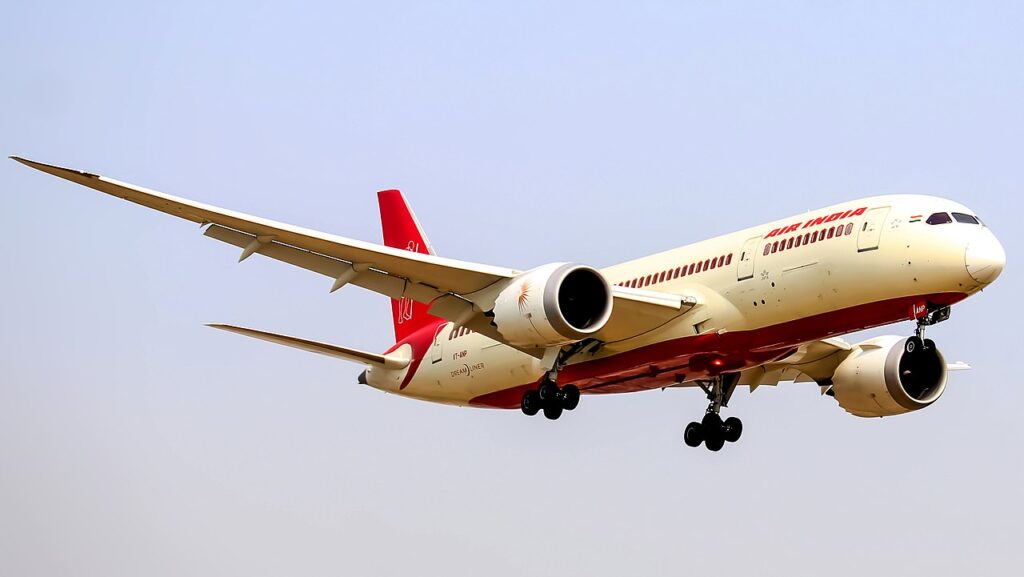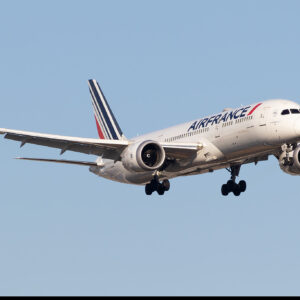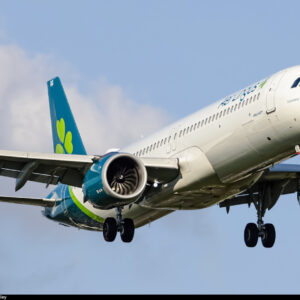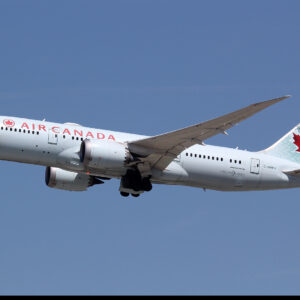Air India, owned by the Tata Group, has revised its in-flight liquor policy following an incident in which a 34-year-old male passenger, who was inebriated, urinated on a 70-year-old female co-passenger. The revised guidelines state that the airline’s crew can refuse to serve more alcohol, if necessary, in a tactful manner. The policy also states that guests are not permitted to drink liquor unless it is served by the cabin crew, and the cabin crew has been asked to be attentive in identifying guests who bring their own alcohol.
To avoid such incidents, Air India has issued a series of guidelines to the cabin crew. The airline has asked the crew to “not call passengers, a drunk” but instead warn them that their behaviour is “unacceptable.” The crew has also been asked not to be persuaded “to give them ‘one last drink'” after it has been stated that the passengers have had enough.
The revised policy states that the crew should “not raise their voice” and if passengers raise theirs, they should lower theirs. It also states that the crew should not put off refusing service and should act while the guest can still be reasoned with. The policy adds that managing unduly intoxicated patrons must be done assertively and respectfully.
The crew, according to the new policy, has the power to deny boarding to passengers if they believe that the passengers’ faculties have been intoxicated and that they can potentially present a hazard to the aircraft. The policy states that “Air India empowers its cabin crew to deny boarding / refuse service of liquor or remove any unconsumed alcohol where a guest is consuming their own and where there are reasonable grounds to believe that guests faculties are impaired by alcohol to an extent that will present a hazard to the aircraft, to persons on board (crew or guests) or to the guest themselves.”
The new guidelines have been established in line with the alcohol policy of other carriers and with inputs from the US National Restaurants Association’s guidelines. Air India has also been penalised by the DGCA, the aviation regulator, with a fine of ₹30 lakh (36 821 USD) and a fine of ₹3 lakh (3 682 USD) on the director of its in-flight services for the incident in which the male passenger urinated on a woman. The DGCA also suspended the license of the pilot-in-command of the flight for three months.







